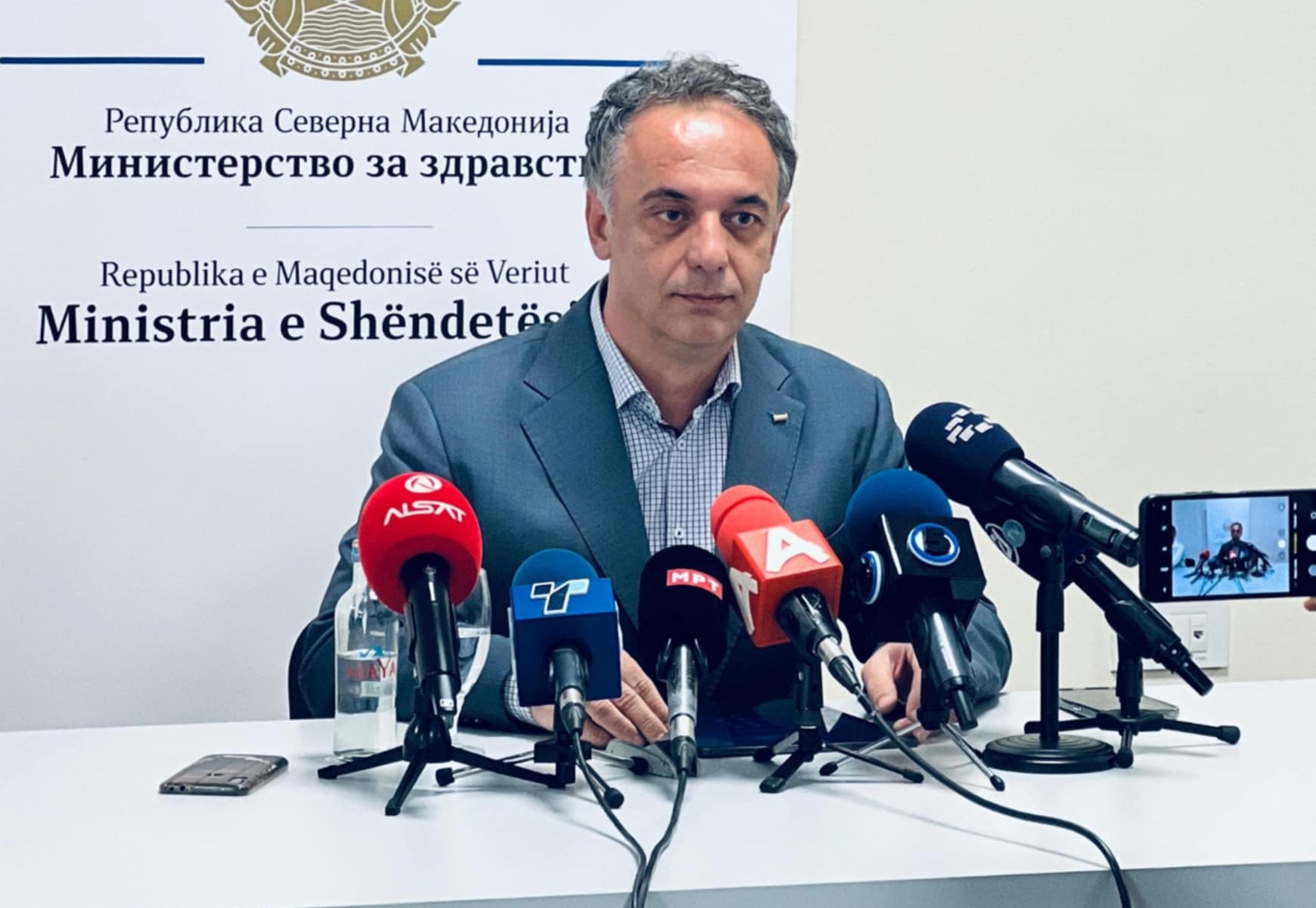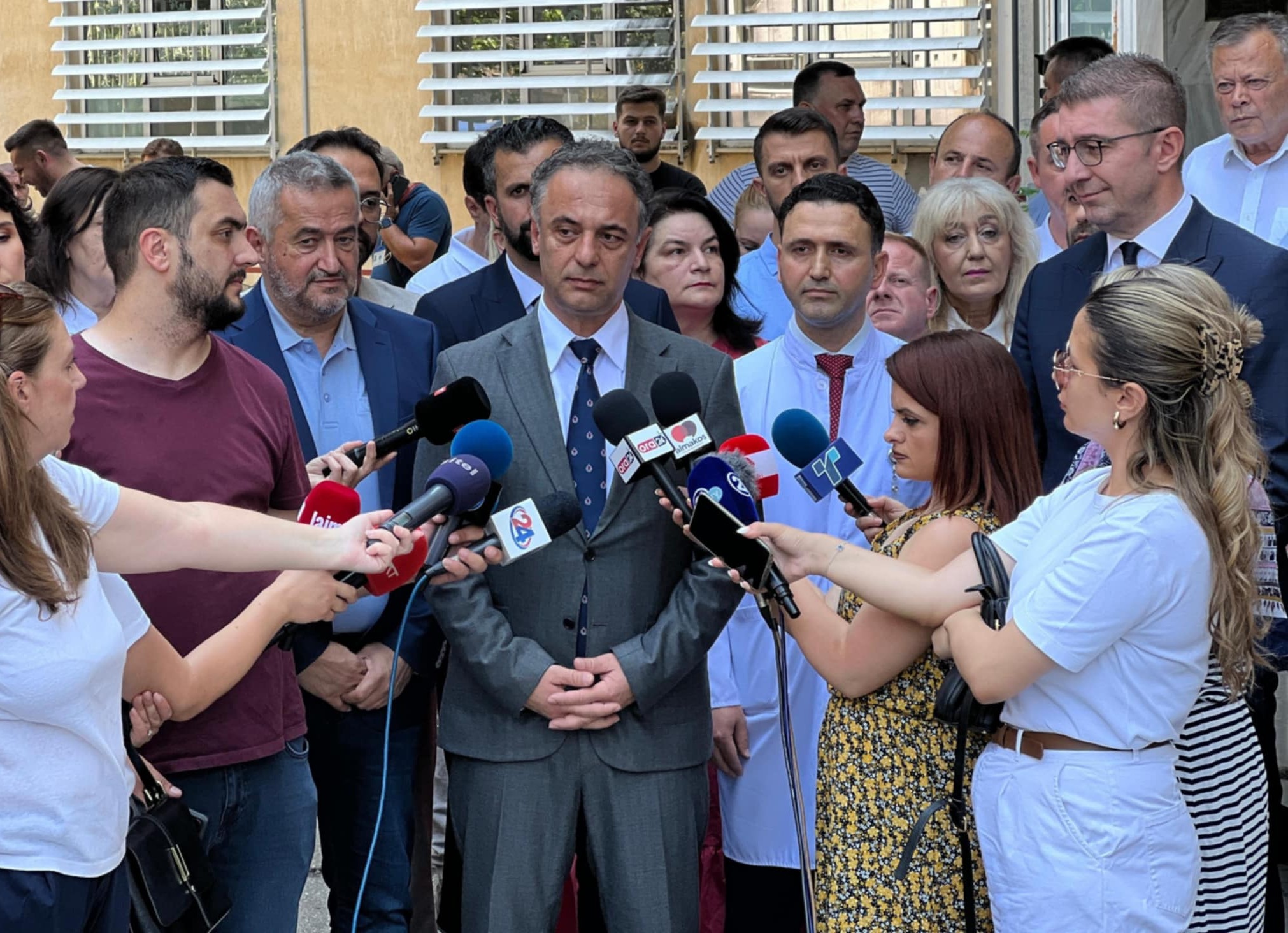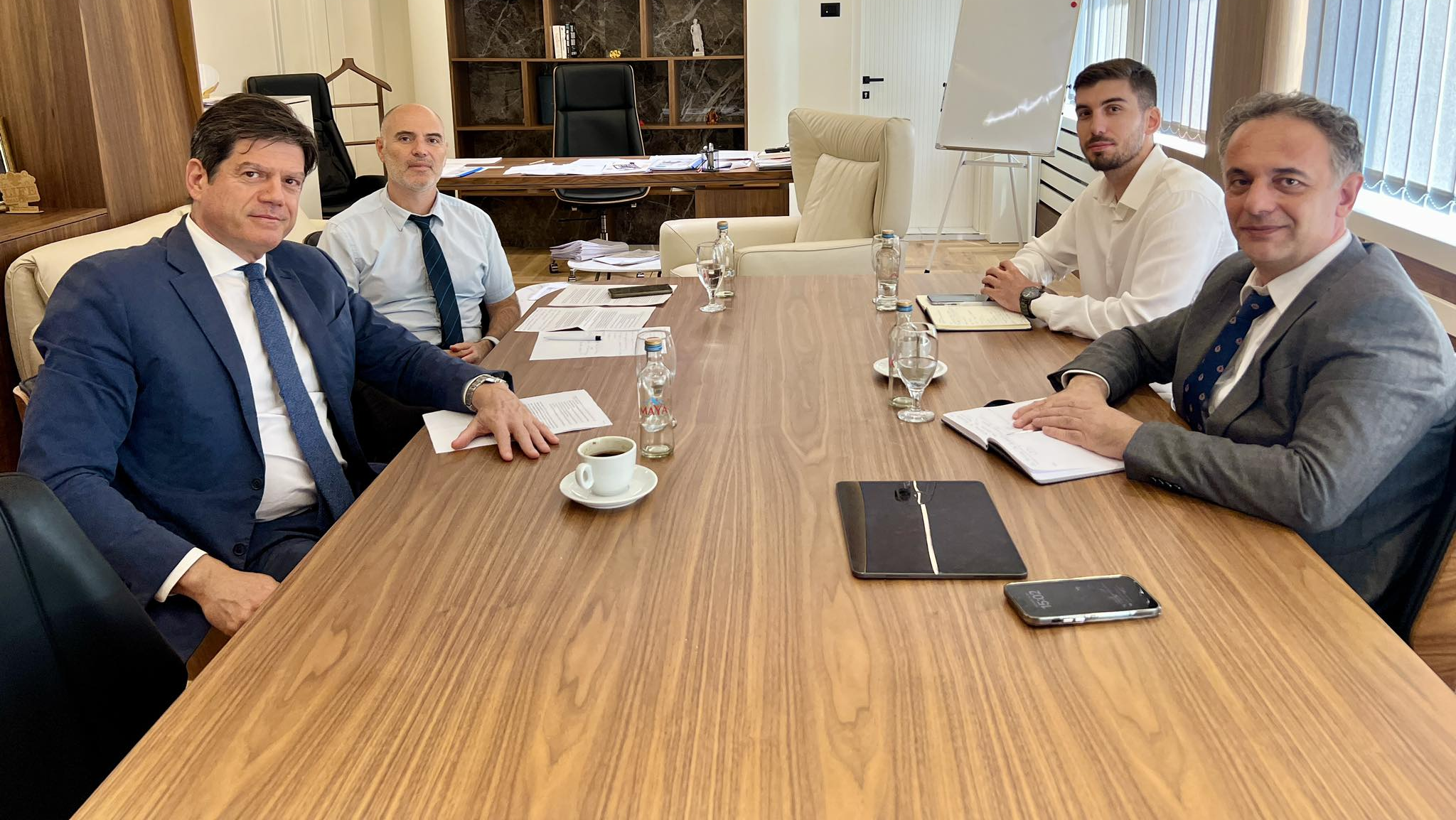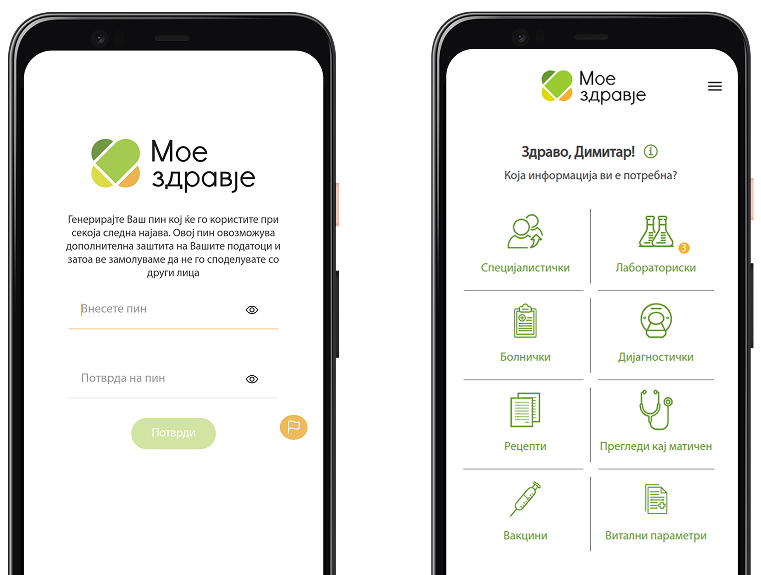Нема резултати
Министерство за здравство
Новости
Апликација за изразување интерес на втората група 300 приватни специјализанти - доктори на медицина за вработување во јавните здравствени установи.
Министерот за здравство Азир Алиу, заедно со премиерот Христијан Мицкоски, денес ја посети Универзитетската клиника за детски болести по повод финализацијата на 11 важни инфраструктурни и медицински проекти.
Министерот за здравство, Азир Алиу денес оствари средба со амбасадорот на Европската Унија во Република Северна Македонија, Н.Е. Михалис Рокас.

(ЈЗУ и ПЗУ)
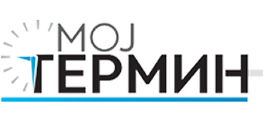
Упатство за спроведување на постапка за преземање на здравствен работник со високо образование од областа на медицината, стоматологијата и фармацијата
open link here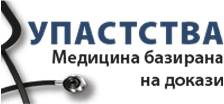
Упатство за спроведување на постапка за преземање на здравствен работник со високо образование од областа на медицината, стоматологијата и фармацијата
open link here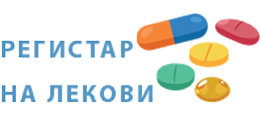
Упатство за спроведување на постапка за преземање на здравствен работник со високо образование од областа на медицината, стоматологијата и фармацијата
open link hereУпатство за спроведување на постапка за преземање на здравствен работник со високо образование од областа на медицината, стоматологијата и фармацијата
Упатство за спроведување на постапка за преземање на здравствен работник со високо образование од областа на медицината, стоматологијата и фармацијата
open link here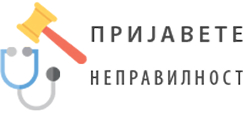
Упатство за спроведување на постапка за преземање на здравствен работник со високо образование од областа на медицината, стоматологијата и фармацијата
open link hereПризнавање на специјализации/ супспецијализации
Признавање на специјализации/ супспецијализации
open link here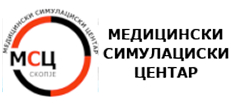
Упатство за спроведување на постапка за преземање на здравствен работник со високо образование од областа на медицината, стоматологијата и фармацијата
open link here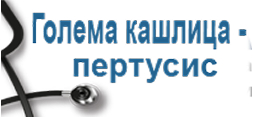
Упатство за спроведување на постапка за преземање на здравствен работник со високо образование од областа на медицината, стоматологијата и фармацијата
open link hereУпатство за спроведување на постапка за преземање на здравствен работник со високо образование од областа на медицината, стоматологијата и фармацијата
open link here

